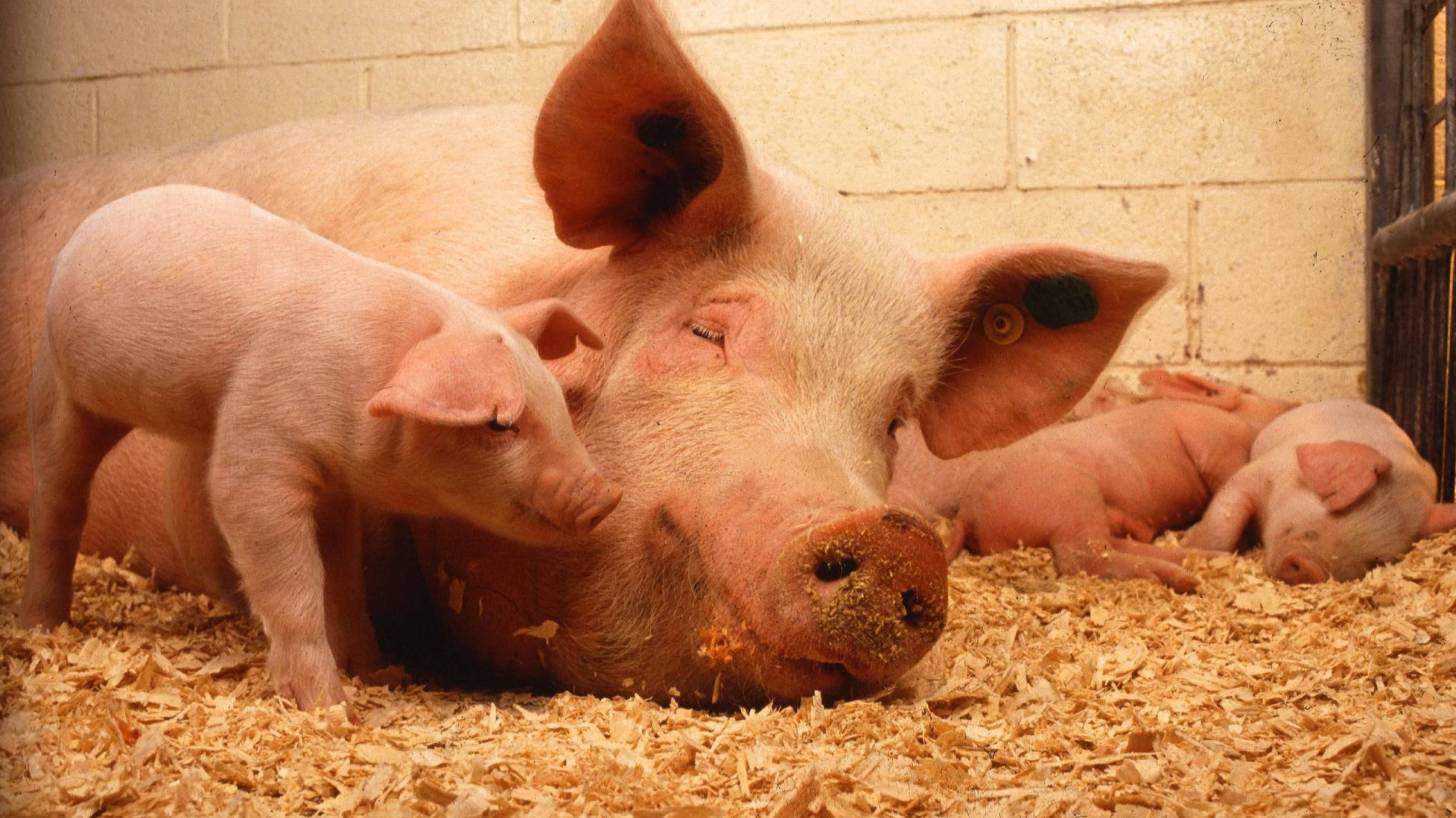Swine Flu Confirmed in Alberta

‘A confirmed case of variant influenza A (H1N2)v has been detected in central Alberta. This currently appears to be one isolated case and there is no increased risk to Albertans at this time,’ announced public health leaders.
‘This isn't a common influenza (flu) and isn't known to spread easily from person-to-person.’
‘This is the only influenza case reported in Alberta so far this flu season,’ stated Dr. Deena Hinshaw, Alberta Canada’s chief medical officer of health, and Dr. Keith Lehman, chief provincial veterinarian, in a press statement issued on November 4, 2020.
“The virus was detected in mid-October after an Alberta patient sought medical care with influenza-like symptoms. The patient experienced mild symptoms, was tested, and then quickly recovered. There is no evidence at this time that the virus has spread further.”
“We are taking this seriously, but Albertans should know that sporadic cases of variant influenza have been reported over the past decade in North America. Variant Influenza A (H1N2) is rare with only 27 cases reported globally since 2005, and no cases in Canada prior to this one.
The USA has confirmed 24 cases of H1N2 influenza, as of November 1, 2020.
Human infections of H1N2v usually occur after direct or indirect exposure to infected pigs when coughing or sneezing. If a person inhales the infected droplets, they can become infected.
H1N2v is a type of flu virus that commonly circulates in North American swine herds. When a virus that circulates in pigs is found in people, it's called a variant.
“Health officials, in conjunction with Alberta Agriculture and Forestry, have launched a public health investigation to determine the source of the virus and to verify that no spread occurred. The Government of Alberta will continue working closely with Alberta Health Services (AHS), the Public Health Agency of Canada, and other partners across Canada.”
“We will keep Albertans informed of the outcomes of the public health investigation,” said the press statement.
Moreover, human seasonal flu vaccines do not protect against commonly circulating swine influenza viruses.
H1N2 is not a food-related illness. It is not transmissible to people through pork meat or other products that come from pigs and there is no risk associated with eating pork.
Swine influenza viruses circulate in swine populations in many regions of the world. Depending on geographic location, the genetic characteristics of these viruses differ. Most human cases are the result of exposure to swine influenza viruses through contact with infected swine or contaminated environments, says the World Health Organization (WHO).
AHS confirmed it will proactively offer influenza testing to residents in parts of central Alberta if they are presenting for COVID-19 testing at an AHS assessment center. This testing will be optional and supports our ongoing influenza surveillance in the region.
Previously, on June 22, 2020, the International Health Regulations Focal Point of Brazil shared a preliminary report with the Panamerican Health Organization, the WHO Regional Office for the Americas of a human infection with Influenza A(H1N2) variant virus (A(H1N2)v).
According to the report, the patient, a 22-year-old female, with no comorbidities, worked in a swine slaughterhouse in Ibiporã Municipality, Paraná State, and developed an influenza-like illness during April 2020. The patient was treated with oseltamivir, was not hospitalized, and has recovered.
The U.S. CDC recommends anyone who is at high risk of serious flu complications planning to attend a setting where pigs will be present should avoid pigs and swine barns.
People who are at high risk of serious flu complications include children younger than 5 years, people 65 years and older, pregnant women, and people with certain long-term health conditions, such as asthma, lung disease, diabetes, heart disease, weakened immune systems, and neurological or neurodevelopmental conditions, states the CDC, as of July 24, 2019.
PrecisionVaccinations publishes research-based news.
Our Trust Standards: Medical Advisory Committee
























